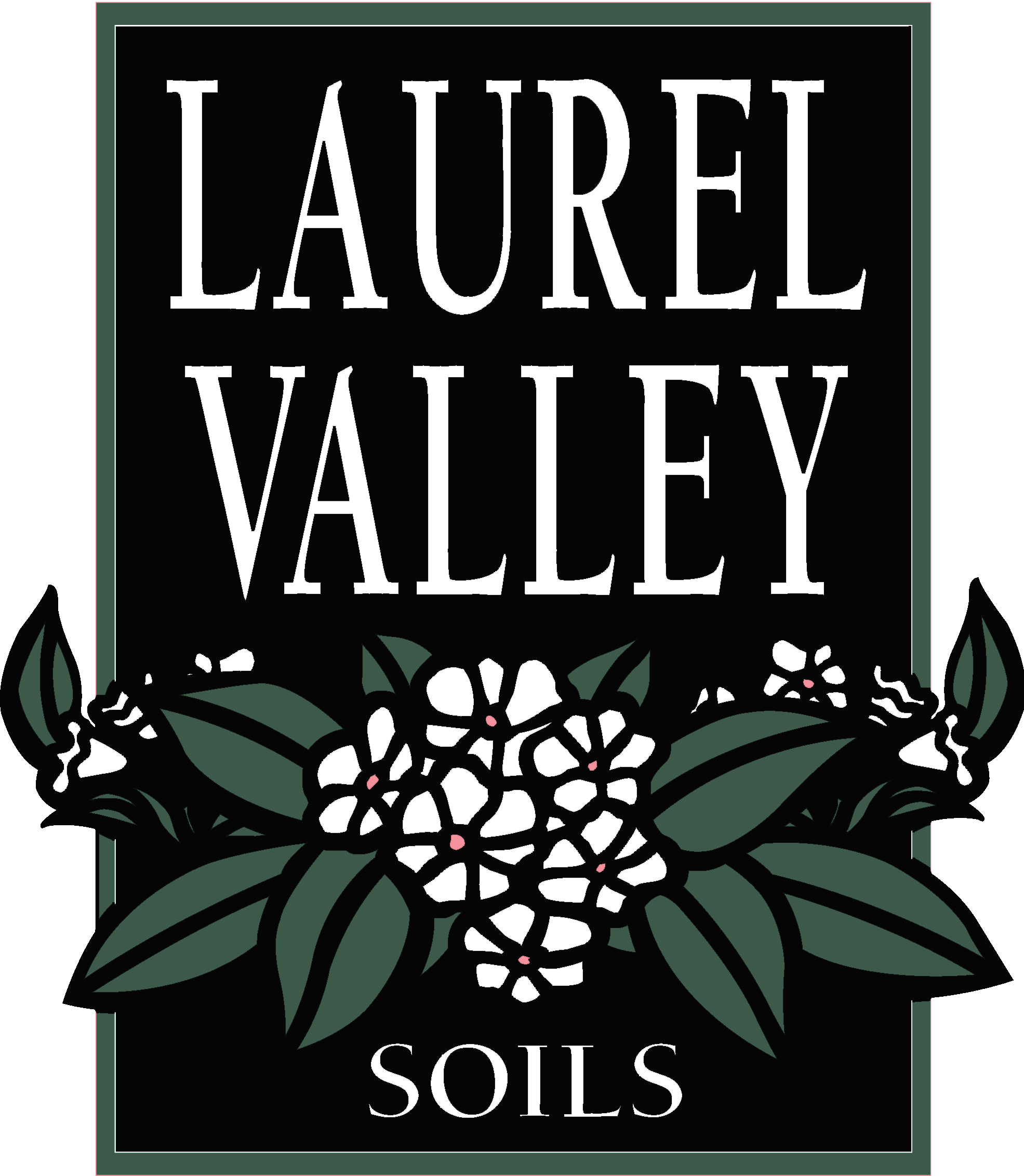Bioretention Soil is designed specifically to absorb, infiltrate, and filter stormwater runoff into the ground where it can safely recharge our groundwater systems and reduce surface flooding. The goal of a bioretention basin is to capture and divert stormwater runoff displaced from impervious surfaces. Well-designed basins also filter out untreated pollutants that otherwise might flow directly into waterways. Many bioretention basins are large in scale and while they can have attractive plantings, these utilitarian designed basins are generally located out of sight, at the low end of a parking lot or downslope from a building or road.
A stormwater management plan is now a requirement with all new construction that creates impervious surfaces. Water must be contained on site or at least slowed down to prevent flooding and pollutant movement. Bioretention basins are part of the building code and are required for most all building projects including renovations and expansions. The understanding and design of these soils is evolving rapidly.
Other industry names used are Bio-Soil, Stormwater Soil, Filter Media, Amended Soil, Engineered Soil.

